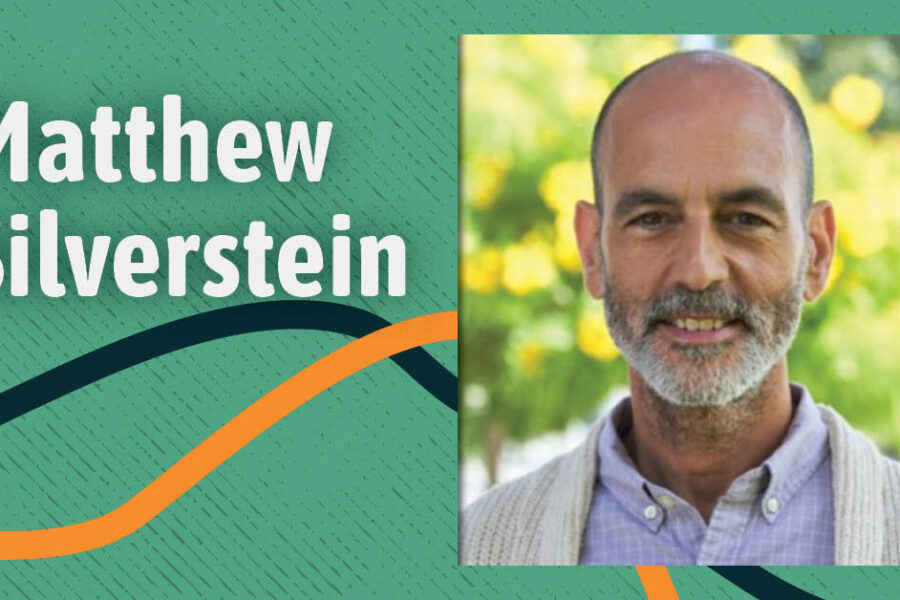AUNE Students:
In looking ahead to the fall semester I wanted to share a few thoughts and decisions that have been made about our fall schedule and campus operations. After careful consideration given to national conversations focusing on higher education, it is clear to me that there is no clear consensus on the best pathway forward for the fall. While many institutions have not yet committed to a plan forward, many others are intending to open campuses back up with many modifications to the “normal” student experience. Some are only intending to host freshman classes while keeping returning students engaged in remote learning experiences (the jury is still out on whether this will be a fall or year-long exception for students), and others are making adjustments to their academic calendars to avoid the combined flu season with what is likely to be a second wave of the COVID virus later this fall. At least one university system has already committed to opening entirely remotely for the fall term.
At this time, given the uncertainty around what the national health crisis will look like in the fall, AUNE, like the rest of the University will not be returning to “normal” business operations. Instead, we will be operating on a limited basis for on-campus academic programming as well as our student services support functions. So, what does “operating on a limited basis” mean? Limited for us will mean that many of our courses and programs will continue to operate as remote teaching and learning experiences for our students while others will be offered in hybrid fashion utilizing a combination of remote and face-to-face instruction. Limited for us will mean that some access to campus services to support our students, such as the library and GIS lab, will be available but with capacity restrictions.
Over the past month, our Campus Reopening Task Force established criteria used for considering which courses or programs could offer some face-to-face instructional meetings this fall. These included:
- Pedagogical Implications. Whether or not one or more aspects of the course could not be translated to a virtual environment (e.g., hands-on engagement with the material is required).
- Course Timing. The logistics of course delivery permit for adequate sanitation and cleaning between classes.
- Physical space. The space necessary for the class based on the number of students permits adequate social distancing practices while maintaining an atmosphere conducive to learning.
- Program Continuity. The capacity for students to continue to pursue their educational goals when completion might be contingent upon face-to-face delivery
Using these criteria it was determined that the following courses/programs be offered with some campus-based face-to-face instruction (all faculty, staff, and students will be required to wear a mask while in the facilities):
- CMHC (Keene-based program weekend residency program).
- DMT (A few weeks of foundational courses that require an embodied knowing/learning of skills synthesizing non-verbal communication, improvised and/or synchronous dance, bodily movement, and verbal expression, to emotionally and therapeutically attune).
- Education (Waldorf- hands-on concentrated portions of several courses).
- Education (Integrated Learning hybrid courses- four weekend residencies).
- Environmental Studies (field excursions for courses with field-based components).
If you have any questions about specifics related to your program please reach out to your academic advisor or departmental administrative assistant.
It is important to note that all courses scheduled to meet on campus for any portion of instructional time will be required to provide options for students unwilling to come to campus to participate in the class sessions in order to complete course-requirements in the same timeframe as those who do attend in-person.
What will Academic Support look like?
- There will be a limited number of classrooms (3-5 of the smaller rooms) with the technology available in which students or faculty can reserve the space to come to deliver or participate in a zoom class, participate in an advising session, etc. There will be scheduled times yet to be determined, ensuring the rooms and equipment can be cleaned between uses.
- The GIS lab will be available for students to sign up and use the space (max capacity 4/5 spaces).
- Printing available through the CRR, only 2 students can use at a time.
- Herbarium (2 spaces).
- Library will be open for pick-up and drop-off. Other uses to be communicated in the future.
- Writing Center will remain virtual.
What will Student Services support look like?
- Virtual office hours staffed by work-study students who will arrange breakout rooms for individual meetings with student support staff.
- In-person, by appointment. Staff support will be available by appointment.
We will continuously monitor both local and regional public health reports and all should be aware that these plans are subject to change based on developments with the spread and containment of the virus.
I want you to know that we value the experience of being together and the importance of “presence” in our teaching and learning activities. For the time being, though, concerns about health take priority. Though remote connection and online learning are less optimal for some activities, it is a necessary step until we have contained the pandemic.
—
Shawn M Fitzgerald, PhD
Provost and CEO
Antioch University New England

